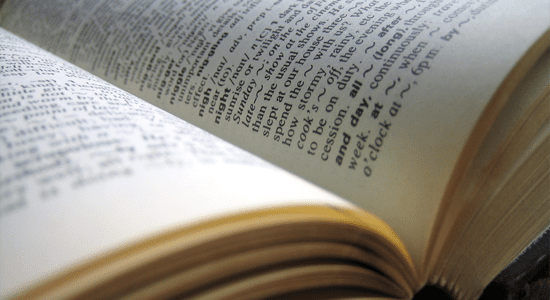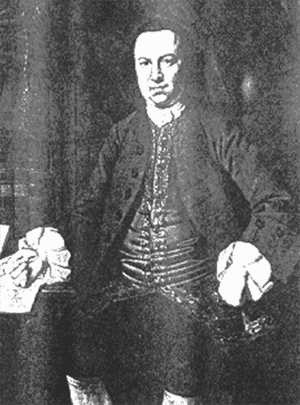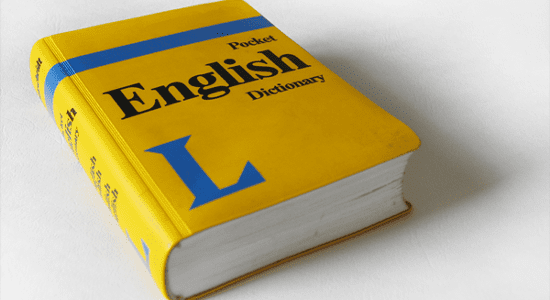One inherent dichotomy within human beings: the desire for freedom and indulgence versus the need for control, structure and productivity. Recently, I have experienced more than ever a desire to free myself from all responsibility, leave my brain at the airport and fly into something new. Simultaneously, the part of me feeling the weight of my impending future responsibilities possesses the need to be industrious and reasonable. Hence, there is a struggle between the two selves, which appears to be a common trope in literature. Ondaatje’s poetry and prose collection The Collected Works of Billy the Kid explores the fight that exists between the spontaneous Billy and the excessively rational sheriff Pat Garrett. Similarly, the infamous Earl of Rochester occupies differing personas in his various poetic works. In “A Satyr Against Reason and Mankind” Rochester’s poetic persona advocates for a life of debauchery and indulgence. In contrast, many of his other works stress the need for a national existence and the inability of indulgence to achieve human fulfillment. This dichotomy is evident in literature, which is a potential mirror of human life. Yet what allows one to rise above the fray of extreme opposition? Achieving a balance is simple in theory, yet it appears to be increasingly difficult to enact in life.
A Consideration on Language
The one aspect of life that remains forever constant is that everything is always subject to change. Language is no exception. This year, in my attempt to finish my undergraduate degree, I am aware of a great change in the language used by each Professor in the classroom setting. Their lectures use less of the “one-hundred-dollar words,” you usually find in scholarly papers or in an academic setting. The language used is more relatable to and derived from our current youth culture.
This change may be a progressive or positive step for academia. When learning becomes less foreign, students may be more engaged and more likely to take an interest in the subject matter. However, what words are being lost at the expense of relatability? In what way could these modern day changes hinder our vocabulary or prevent us from knowing the word which expresses exactly what we are trying to communicate? Whether a positive or negative, it remains a fact that the way we speak and the words we use are continuously changing, based on culture, economy, geography, etc.
Even the definition of a single world is in constant flux. Any attempt to ultimately stabilize language is impossible. Samuel Johnson ambitiously attempted to stabilize language with the creation of his dictionary. However, the inherent circularity in language made this a hopeless endeavor for him. There is no way to define a simple word other than using additional simple words, which in turn needs definition. Arguably, this circularity in language makes it impossible to get at the minute shades of meaning in a word.
Thus, I think that instead of prescribing language, all dictionaries do is describe the way that language has changed over time.
There is a paradox in language; whether you entertain a word’s definition or language as a whole, the one thing that remains constant is that words and language are always changing.
Word Love

We all have a favourite word. There are the ones that we overuse, going to them in times of need when all other potentials for articulation are lost. Or there are those which are more sparingly applied and saved in our back pocket for the opportune moment. Whether it is the phonic sound of the word as it leaves our mouth or favouritism primarily based on meaning, there are always particular words that just stick.
Although rarely used, eunoia has been one of my most dearly adored words for the past few years. It is not found in all dictionaries, however the urban dictionary defines it as “beautiful thinking” or “beautiful mind.” The medical dictionary defines it as a sparingly used medical term for normal mental states and it is the shortest word in the English language containing all the vowels.
Eunoia has a Greek origin and is used in book eight of Aristotle’s Nicomachean Ethics to describe the benevolence or feeling of goodwill that forms the ethical foundation for human life. In rhetoric, it is the goodwill formed between a speaker and his/her audience.
Christian Bök is a Toronto born experimental poet, who won the Griffin Poetry Prize for his book of poetry, Eunoia in 2001. Eunoia consists of univocalics, which is a type of constrained writing that uses only a single vowel in each of his chapters. Each of the five chapters consists of one of the vowels from the word eunoia. Bök believes that his book demonstrates the flexibility of the English language and the unique personality of each vowel, for him: “Enfettered, these few sentences repress free speech.”
Inspired by Breakfast
A recent observation and interest of mine was sparked by breakfast—both in its preparation and consumption. Depending on the day, particular circumstance and individual tendencies, breakfast can take place in a number of different ways. There are those who enjoy a finely prepared, well calculated and orderly start to their day. Others experience a more rushed or chaotic meal.
Either way, the order/chaos dichotomy seems to infiltrate every aspect of our daily lives. They are two extremes essential to existence and also prominent throughout literature. Order/chaos captures something that takes place within individual consciousness, communal revolutions, within organizations and on a global scale.
The Canadian writer Ethel Wilson’s short story “The Window” explores the order and stability that accompanies its protagonist’s isolation from society. Margaret Atwood’s Progressive Insanities of a Pioneerforegrounds the human desire to impose order through her pioneer’s need to “dig the soil in rows” and asserts that “I am not random” in this chaotic new wilderness. One aspect of Michael Ondaatje’s The Collected Works of Billy the Kid explores the inevitable chaos that occupies a continuously changing physical body. Finally, the infamous “The Dunciad” by Alexander Pope is an account of the disintegration of poetry into chaos and filth, due to its mass production, which accompanied the growing use of the printing press.
The neat contained yolk of a fried egg may be scrambled into the chaotic blur of onions, tomatoes and cheese. As such, breakfast may be emblematic of the order/chaos dichotomy, both in life and literature.
The Extraordinary within the Ordinary

Christopher Smart, whose recent two-hundred-and-ninety-year-old birthday anniversary was celebrated on April 11, was one of the most influential 18th century English poets. His works perpetuated a new idiom for English poetry of the time. Confined to an insane asylum during the creation of his poem Jubilate Agno, Smart gained a unique perspective and interpretation of the natural world. Devoid of human contact, Smart spent his time in the asylum in the company of his cat Jeoffry, who is the focus of the most recognized section of Jubilate Agno. The “Jeoffry section” has been incorporated into many children’s texts and presented as a simplistic poem about a cat. Although simple, Smart’s work is extremely complex in content. He avoids sweeping descriptive statements and foregrounds detailed observations of every movement of his cat or the natural phenomena he envisions. The interpretations of Jubilate Agno are numerous, but it remains undeniable that his poem is a vigorous attempt to capture and record the minute details of the world around him. His syntax and terse poetic style mirror the rough form of the Psalms and greatly diverge from the harmonious structure common to 18th century poetry. Smart’s unique idiom creates a jarring and shocking impression on its reader, which could almost be described as sublime, as characterized by Edmund Burke. His unusual form encourages the reader to gain a new perspective of poetry, which parallels Smart’s unique vision of the natural phenomena around him.
For Smart, as for many modern poets, poetry holds a dual purpose. It was a means for him to create a sense of freedom in his life of adversary and perpetuate his reader to attain a new perspective of the world.
So here’s to Smart and his ability to view beauty. And here’s to summer and the good weather that makes it all the more important to take Smart’s lead and appreciate the extraordinary within the ordinary.
Oral History
Read it. Write it. Listen to it. Summer has arrived and it’s time to try something new. For those of us who love a good narrative in any form, summer festivals and events are an excellent way to accomplish such a task. Today in the literary world, it is easy to indulge in Canadian literature without experiencing the oral narrative, which has been integral to Canadian heritage. Through stories, songs or folktales, the Canadian narrative has been passed down from one generation to another. The infamous novel, Green Grass Running Water by Thomas King, highlights issues dealing with oratory narratives. The novel is an excellent account of the increasing devaluation of oral literature and stresses the importance of equaling the status between the oral and written narrative. There is a unique fluidity in the oral narrative tradition as it continuously transforms with each individual speaker.
The Toronto Storytelling Festival, which occurred on April 1, 2012 at Toronto’s breezy waterfront, Harbourfront Centre is a one-day celebration of oral literature and all things Canadian. The festival uses oral literature as a means to address issues such as “Canadian Identity” and the unique way in which Canada has grown as a nation.
And it’s definitely not too late to get involved. Wychwood Barns hosts numerous storytelling events that celebrate the oral narrative tradition not only in Canada, but globally.




